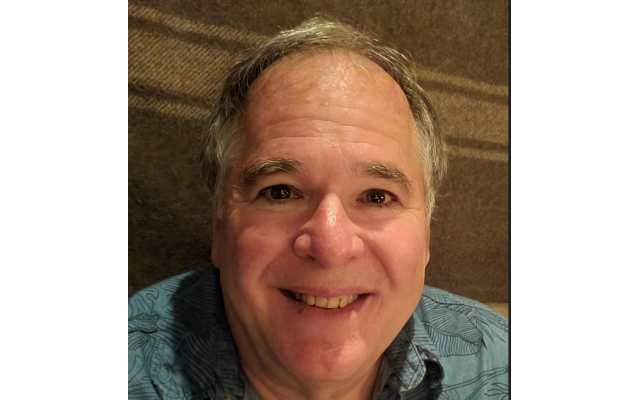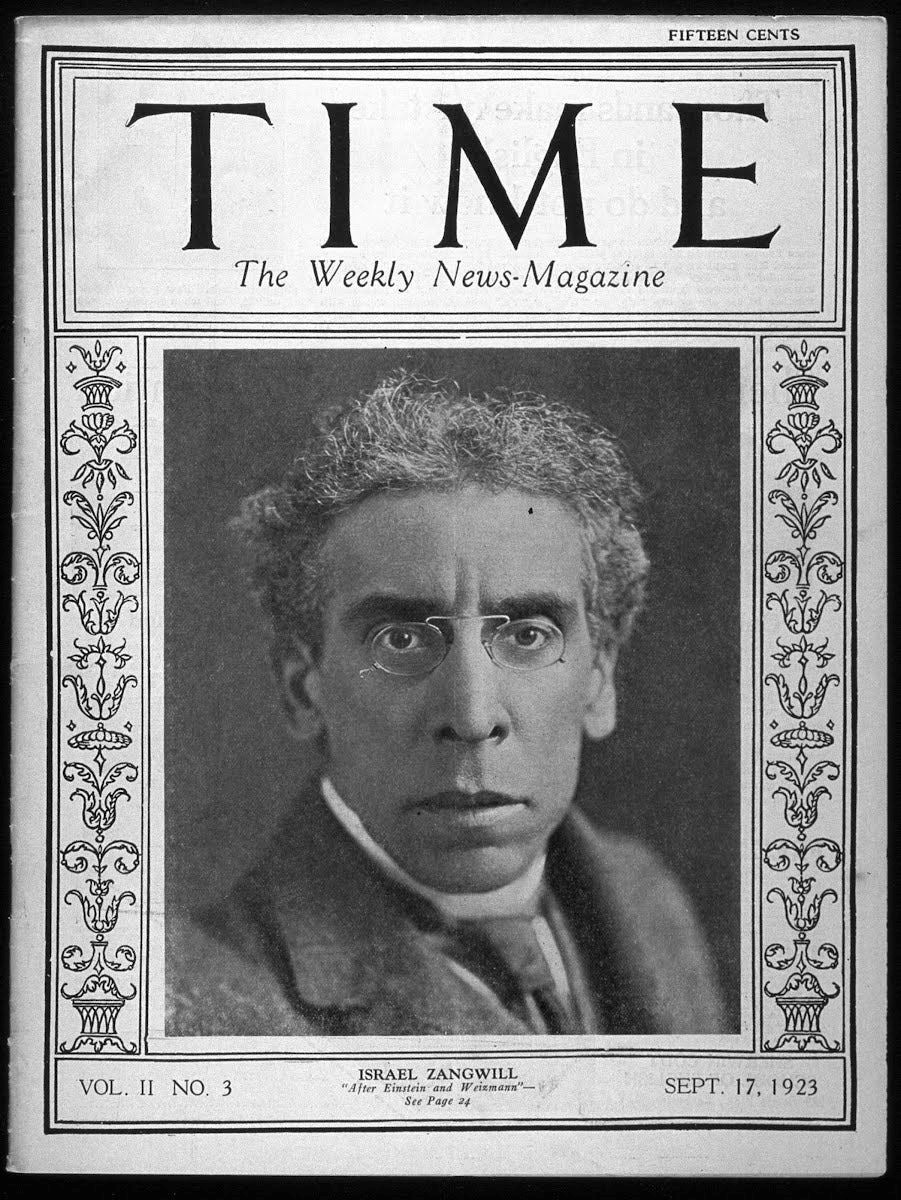Georgia Tech Physics Prof is a Phenom
Andy Zangwill, riding his 38-year career, relayed his observations about teaching physics and how students fared during the pandemic.
After 37 years with the Atlanta Journal-Constitution and now with the AJT, , Jaffe’s focus is lifestyle, art, dining, fashion, and community events with emphasis on Jewish movers and shakers.

For the past 38 years, Dr. Andrew Zangwill has shown hundreds of Georgia Institute of Technology students that physics can be fun. His lively explanations grab their attention, just as they do when he leads the weekly Torah study group at Ahavath Achim Synagogue.
As a theoretical physics researcher at Georgia Tech’s School of Physics, Zangwill studies crystal growth, the properties of atoms, semiconductors, and ferromagnets. Here, he talks about his background, the changes that have happened at Georgia Tech, and the way students approach their studies.
Zangwill recalled, “I got excited about science at age 10 when I attended a summer program at the Buhl Planetarium [and Observatory] in my hometown of Pittsburgh. That interest led me to major in physics at Carnegie-Mellon University and to pursue a PhD in that subject at the University of Pennsylvania. I came to Georgia Tech in 1985 to teach and conduct research.”
He recounts that, back then, the campus was visually grim—all brick and concrete with about 9,000 undergrads (20 percent female) and 600 professors (8 percent female), the vast majority of whom were white. All the physics professors taught one course per quarter, and it was undisguised that the administration valued excellence in research over excellence in teaching.
Today, the campus is lush and green because it was beautified in 1996 to serve as the Athletes’ Village for the Olympic Summer Games. The number of both female undergraduates (40 percent) and professors (30 percent) at the school has doubled. About 15 percent of the students and 8 percent of the faculty identify as Black or Hispanic. Zangwill added that “Tech switched to a semester system a decade ago and our administration has come to value teaching much more. This change benefited me monetarily when I won a campus-wide award in 2017 for outstanding teaching sustained over an entire career.”

Zangwill noted some negative consequences of the switch to Zoom-style instruction that were necessitated by the pandemic. He has an animated teaching style where he likes to walk around, gesticulate, and tell jokes to make a point. He was not at all fond of teaching physics to a checkerboard of faces on a computer monitor.
Zangwill explained further that, “It was unquestionably very hard on the students, particularly the physical isolation from their classmates. In my experience, personal engagement is an essential part of learning, with students arguing back and forth for hours over concepts and homework problems.”
Last fall, he was back in the classroom teaching first-year graduate students who had, by necessity, taken their junior and senior physics courses online. There was a stark difference between the preparedness of those pandemic-era students and the preparedness he had seen in all his previous years of teaching first-year graduate students.
“Quite apart from the pandemic,” Zangwill observed, “students before the 1990s used textbooks, library books, and journal articles to learn new subjects and develop the skills to attack classroom assignments. But that decade saw the development of the World Wide Web, Internet Explorer, Google Search, and Wikipedia. Today’s students turn to these tools first…My students routinely use their phones to access sources that previous generations could only dream about. However, problems can arise when the short attention span, fostered by social media and other influences, induces students to eschew books (even digital books) altogether. The Internet is a wonderful source of information. But information is not the same as knowledge and the latter is precisely what the best-written books aim to impart.”
Zangwill’s didactic roots run deep as he is related to the British author, playwright, and early Zionist, Israel Zangwill. This relative was so well known in the first quarter of the 20th century that the Sept. 17, 1923, issue of TIME featured him on its cover as the “third most outstanding Jew in the world.”
Zangwill’s advice for high school students thinking about attending a college like Georgia Tech is, “If you love a subject already, dive as deeply into it as you can. If you don’t yet love a subject, keep your eyes open and mind open.”
- education and camp
- Local
- Marcia Caller Jaffe
- Dr. Andrew Zangwill
- Georgia Institute of Technology
- physics
- Ahavath Achim Synagogue
- Buhl Planetarium
- Pittsburgh
- Carnegie Mellon University
- University of Pennsylvania
- Olympic Summer Games
- World Wide Web
- Internet Explorer
- Google Search
- Wikipedia
- Israel Zangwill
- Time



comments